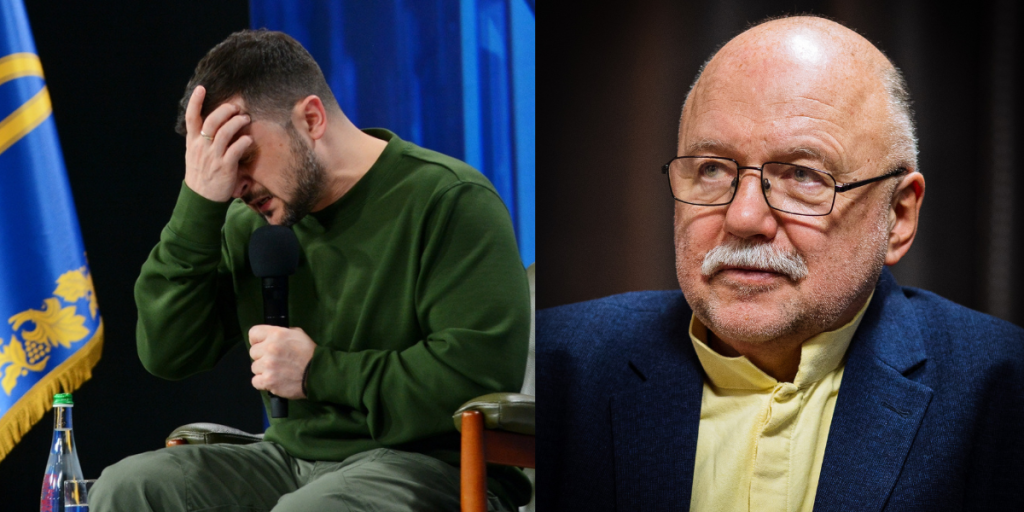Humor, literature, and exile: Ukraine’s cultural shift in wartime
Others are reading now
Humor, literature, and exile: Ukraine’s cultural shift in wartime
A critical voice from Kyiv: Andrei Kurkov speaks out
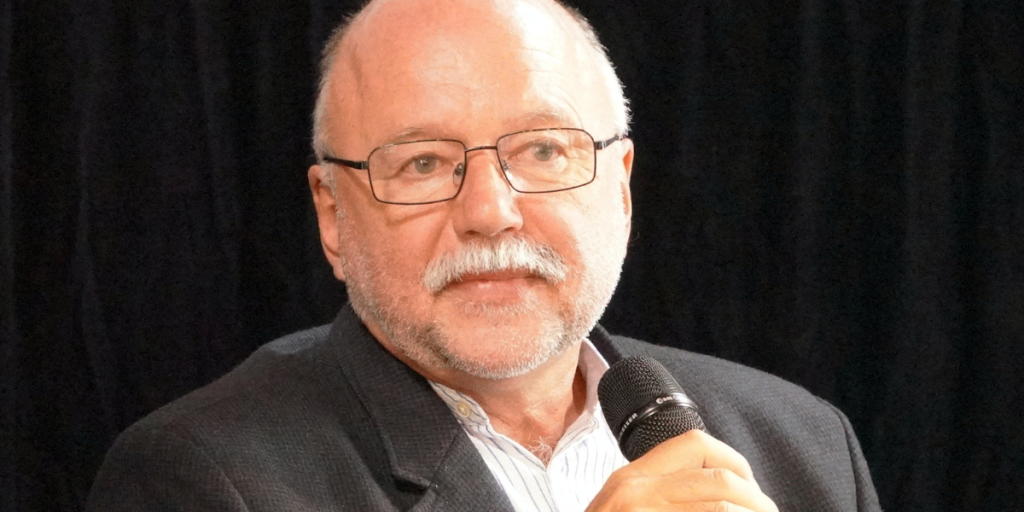
In times of war, few voices capture the emotional and political complexity of a country better than its writers.
Ukrainian novelist Andrei Kurkov, author of Death and the Penguin, offers a sharp, unfiltered view of his country’s ongoing struggles — not only with Russia, but with its own leadership. In an interview with HotNews.ro, Kurkov reflects on war, literature, memory, and why Ukraine has turned its back on Russian culture for good.
“Let history judge Zelensky”
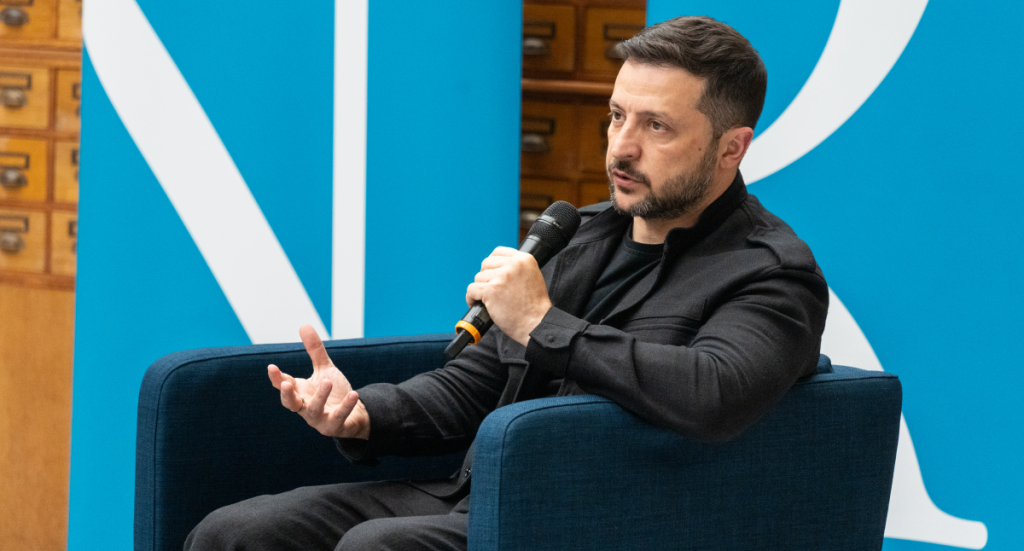
Kurkov, who lives in Kyiv, doesn’t mince words about Ukrainian President Volodymyr Zelensky.
“I didn’t vote for Zelensky and won’t vote for him in the future,” he told HotNews.ro. While he gives Zelensky credit for learning how to lead during wartime, he believes real leadership began only after the full-scale invasion.
Also read
“Until then, he was playing the role of president — like in the movie that got him elected,” reports HotNews.ro.
Why Putin’s war backfired culturally
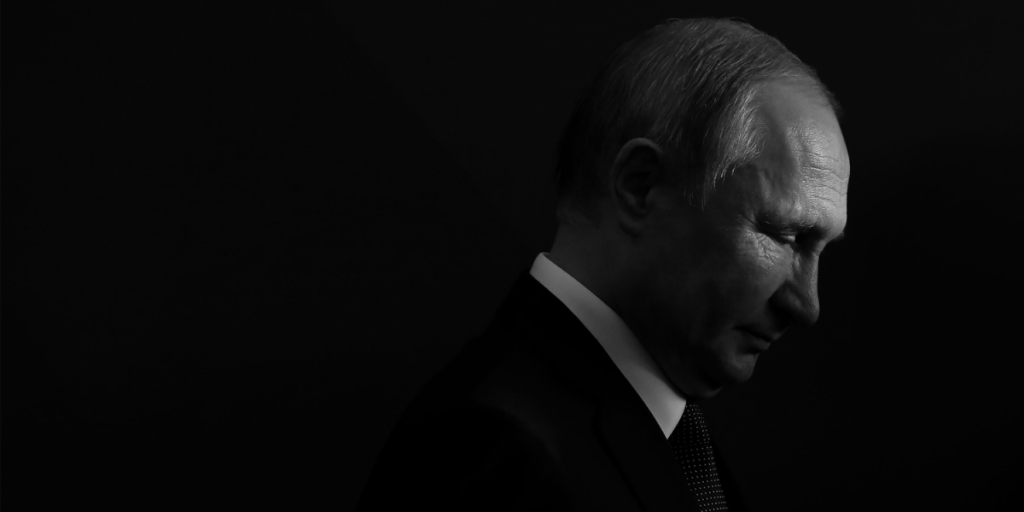
Kurkov argues that Putin’s war has had the opposite effect of what the Kremlin intended. “Russia pushed seven million Ukrainians into exile, but also pushed the entire country towards the West,” he said.
One striking consequence? Ukrainians have stopped reading Russian books — and Kurkov believes they “will never return,” reports HotNews.
Humor as survival — even in war
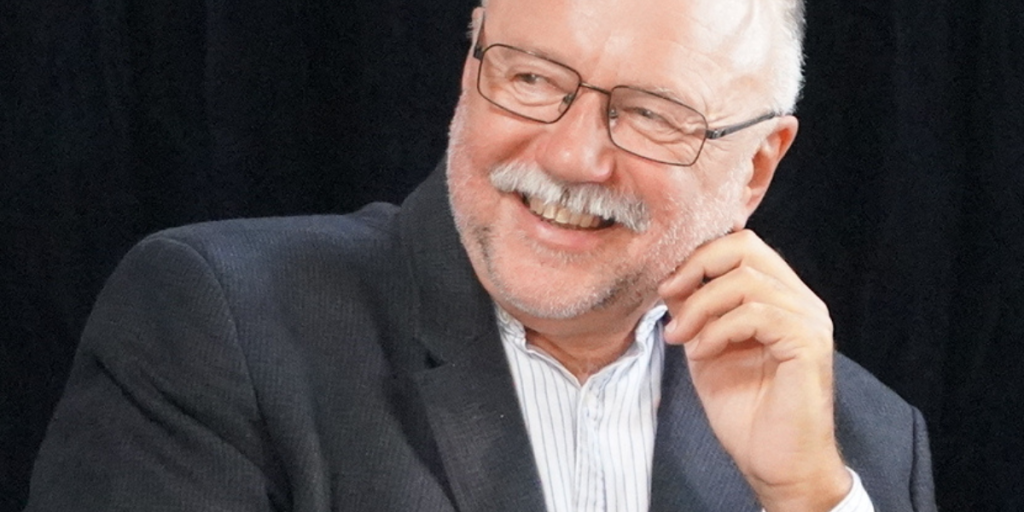
Despite the gravity of war, Kurkov insists that humor is essential. “If you lose humor, you lose your last defense,” he said.
He shared a favorite joke — featuring Reagan, Mitterrand, and Putin in Hell — to illustrate how dark humor helps Ukrainians cope. “Putin calls the Kremlin from Hell and pays five kopecks. It’s a local call,” he joked, underlining just how deep Russia’s descent has gone, notes HotNews.ro.
Also read
A broken justice system — and no clear fix
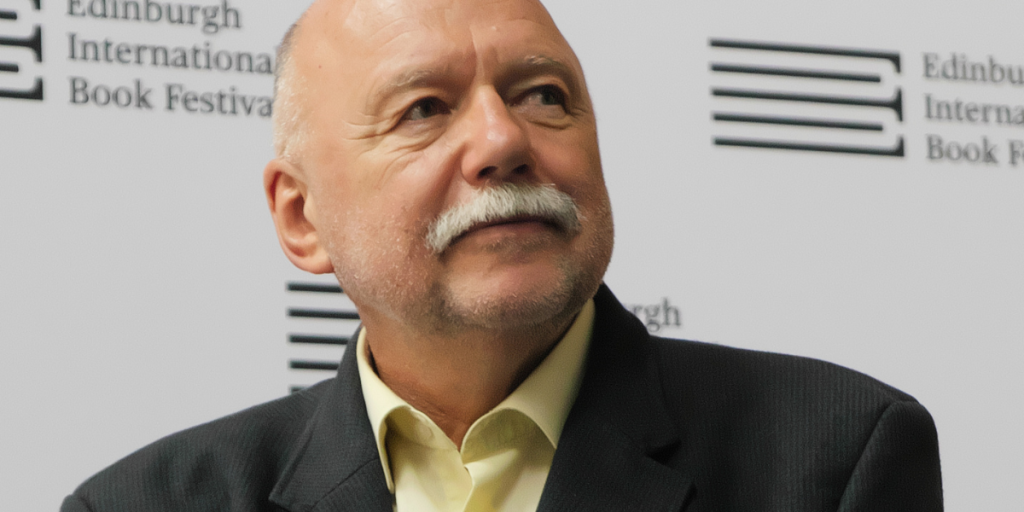
Asked about justice, Kurkov was somber. “Justice is idealistic. It happened at Nuremberg, but for Ukraine and Russia today, it feels abstract,
“…,” he said. In his view, real justice requires defeating evil — and no one is willing to do that when it comes to Russia. For now, he sees justice as more achievable within families and communities, where fairness still holds meaning, reports HotNews.ro.
Literature as living memory
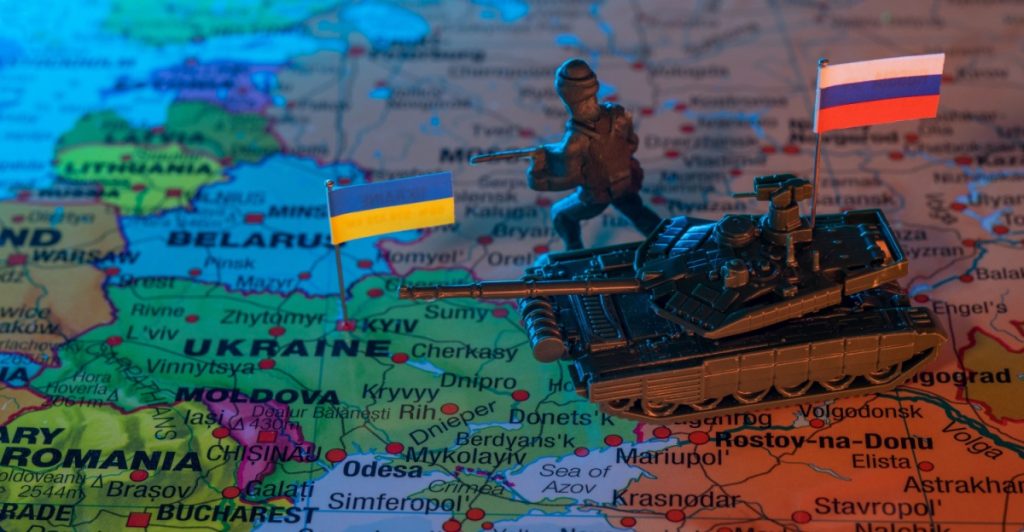
Kurkov believes that literature will be key to preserving the memory of this war. While schoolbooks teach names and dates, he says novels give history a human face.
“Now, all literature written in Ukraine is about the war — mostly nonfiction, diaries, and essays written by soldiers,” he said. Just as Hemingway captured the Spanish Civil War, Ukrainian writers are now documenting their own, reports HotNews.
A generational shift away from Russia
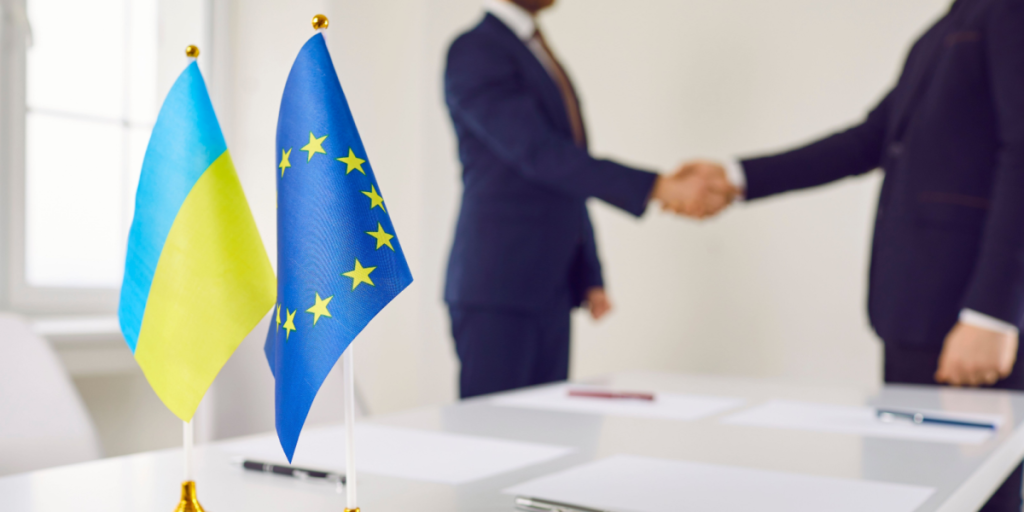
Ukraine’s youth are embracing Western culture and turning their backs on Russia. “Nobody is curious about Russian writers anymore,” Kurkov said.
Also read
Ukrainian teens today are discovering local culture, Western music, and literature from countries like Romania, the UK, and Poland. And with millions of young Ukrainians living abroad as refugees, that cultural shift is deepening fast, reports HotNews.
The fragile future of Ukraine’s book market

Kurkov notes that bookstores are opening and writers are being read, but the real market is shrinking. Many Ukrainians can’t afford to buy books.
“Buying books is seen as patriotic, but war is expensive,” he said. He worries that if EU funding stops or new taxes are introduced, Ukraine’s already struggling publishing industry may collapse, notes HotNews.
What have we learned from Kurkov’s perspective?
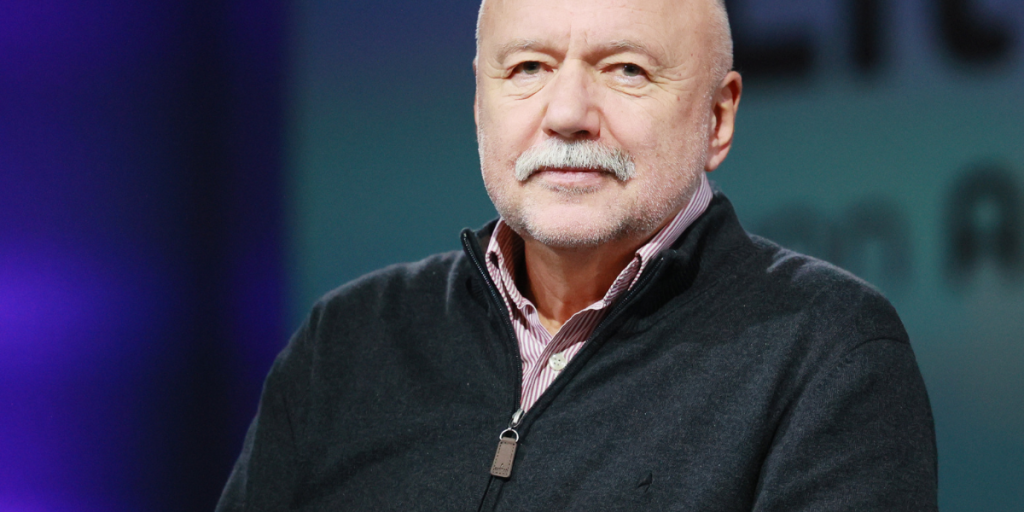
- Zelensky is a wartime leader still being defined by circumstance, not strategy.
- Putin’s war has failed culturally, pushing Ukraine firmly West.
- Justice is elusive at the international level — but essential at the personal one.
- Ukrainian literature is playing a critical role in shaping memory and resistance.
- Culture matters, and the arts may outlast both governments and generals.
A writer’s witness in a war-torn country
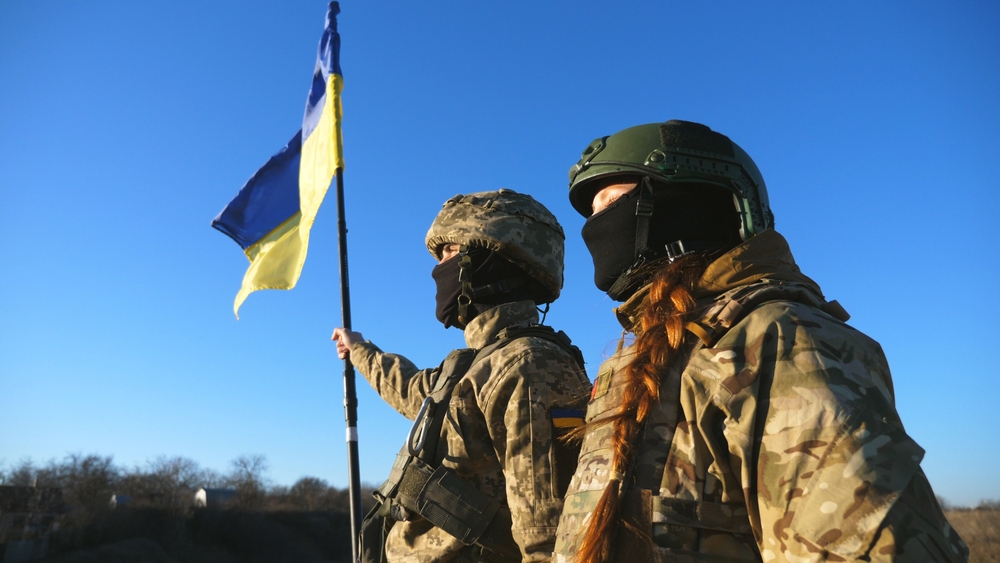
Andrei Kurkov isn’t just an author — he’s a chronicler of a nation undergoing violent transformation. Through interviews, books, and dark humor, he offers a deeply human lens on war, justice, and identity.
Whether one agrees with his political views or not, his message is clear: Ukraine is no longer looking east — and the future will be written in its own voice.

